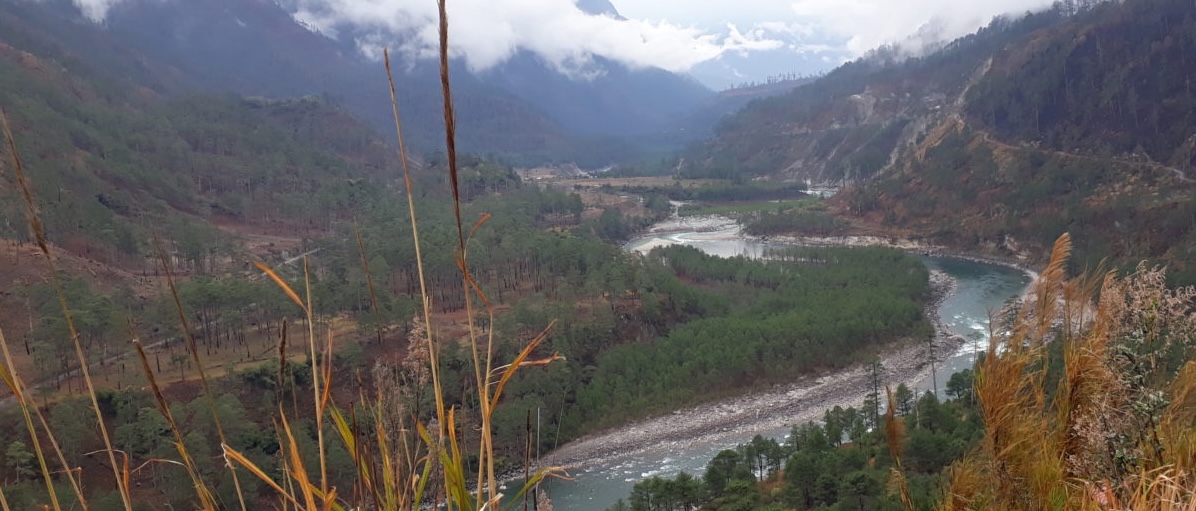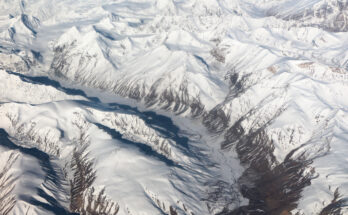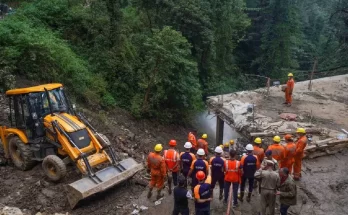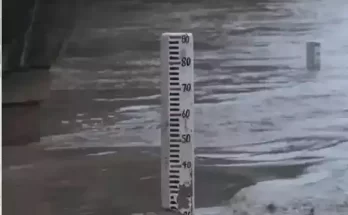UN Secretary General Antonio Gutteres proposes Climate Solidarity pact to G20.

Representative image (Photo credit:Depositphotos)
New Delhi: The final installment of the Intergovernmental Panel on Climate Change (IPCC’s) Sixth Assessment Report (AR6) released on Monday not just underscored the severity of climate crisis but also urged for drastic, urgent climate action that can still limit global warming to 1.5 degrees Celsius.
‘Climate Change 2023: Synthesis Report’, as per the IPCC scientists, “concludes the biggest update of the state of knowledge on climate science and the end of IPCC AR6 cycle. The report will inform the 2023 Global Stocktake under the United Nations Framework Convention on Climate Change (UNFCCC).” The report also brought out the ‘Summary for Policy Makers’ to help governments and decision makers across the world take climate actions.
According to the Paris Agreement of 2015 under the United Nations Framework Convention on Climate Change (UNFCCC), more than 190 countries of the world had decided to slash emissions to restrict the temperature rise to 2.0 degree (and further stretch it to 1.5 degrees) compared to the pre-industrial era (1850-1900).
The Synthesis Report said that by 2030, there is a 50-50 chance that global surface temperature in any single year could exceed 1.5 degrees Celsius compared to pre-industrial era. Warning about overshooting the 1.5 degrees target, IPCC chair Hoesung Lee said: “Every increment of warming results in rapidly escalating hazards. More intense heatwaves, heavier rainfall and other weather extremes further increase the risk for human health and ecosystems. Climate-driven food and water insecurity is expected to increase with increased warming.”
“Mainstreaming effective and equitable climate action will not only reduce losses and damages nature and people, it will also provide wider benefits,” he added.
What does this mean for India?
Dr Aditi Mukherji, Director, Climate Change Impact platform, Consultative Group on International Agricultural Research (CGIAR) said, “Even though our per capita emissions are less, and we have historically, much less responsibility. But the reality is India is at the forefront of impacts. We simply cannot say that because we haven’t emitted much, we are not the ones to take action. I think the report makes it clear. Everybody has to take action according to their national context and circumstances urgently.”
Previous reports have talked about melting of glaciers, around the hydrological changes, intensification of the water cycle, food and water security issues, said Mukherji, “This report focuses on the food and water insecurity, small holder farmers and the actions that can be taken. So, there is actually a lot that’s very relevant for India in the report.”
The report underlines the need for 3-6 times the current climate investment and offers hope that there is enough global finance to reduce emissions. Emphasising on climate resilient actions, IPCC scientists asked for integrating measures to adopt to climate change with actions to reduce emissions in ways that provide wider benefits.
With a 7,500-km-long coast line, almost 40% population dependent on glacier-fed rivers and a vast semi-arid peninsular area, India is one of the most vulnerable countries to changing climate.
Dr Anjal Prakash, coordinating lead author for two of the six reports of IPCC, inputs from which went into this Summary for Policy Makers, appealed to Indian policy makers to “take the findings seriously and prioritise urgent actions.”
“One of the most significant implications of the IPCC report for India is the increased frequency and intensity of extreme weather events. These events could have dire consequences for agriculture, the economy, and public health. The report highlights the need for policymakers to prioritise investments in disaster risk reduction, including early warning systems, evacuation plans, and infrastructure development to protect vulnerable populations,” Prakash said.
“This report shows our collective failure to restrict global warming,” rued Inger Andersen, Executive Director, United Nations Environment Programme (UNEP). “We must move from climate procrastination to climate activation and we must do it now,” she added.
Calling on CEOs of all oil and gas companies to be part of the solution, United Nations Secretary General Antonio Gutteres proposed a ‘Climate solidarity Pact’, in which all big emitters make extra efforts to cut emissions, and wealthier countries mobilise financial and technical resources to support emerging economies to keep the 1.5 degree goal alive.
Gutteres also presented a plan to “super-charge efforts to achieve this Climate Solidarity Pact through an all-hands-on-deck Acceleration Agenda.”
The main actions under Accelerated Agenda include no new coal and phasing out of coal by 2030 in OECD countries and 2040 in the rest of the world apart from ending all international public and private funding of coal. He also strongly advocated ceasing all licensing or funding of new oil and gas.
The Synthesis Report provides a top line overview of findings from the assessment reports produced by each of the three Working Groups: ‘WGI: The Physical Science Basis’, WGII: Impacts, Adaptation and Vulnerability’ and WGIII: ‘Mitigation of Climate Change,’ and pulls key lines of information from the three Special Reports since 2015: ‘Global Warming of 1.5 degrees Celsius’, ‘Climate Change and Land’ and ‘The Ocean and Cryosphere in a Changing Climate.’
(This story first appeared on news9live.com on Mar 20, 2023 and can be read here.)



